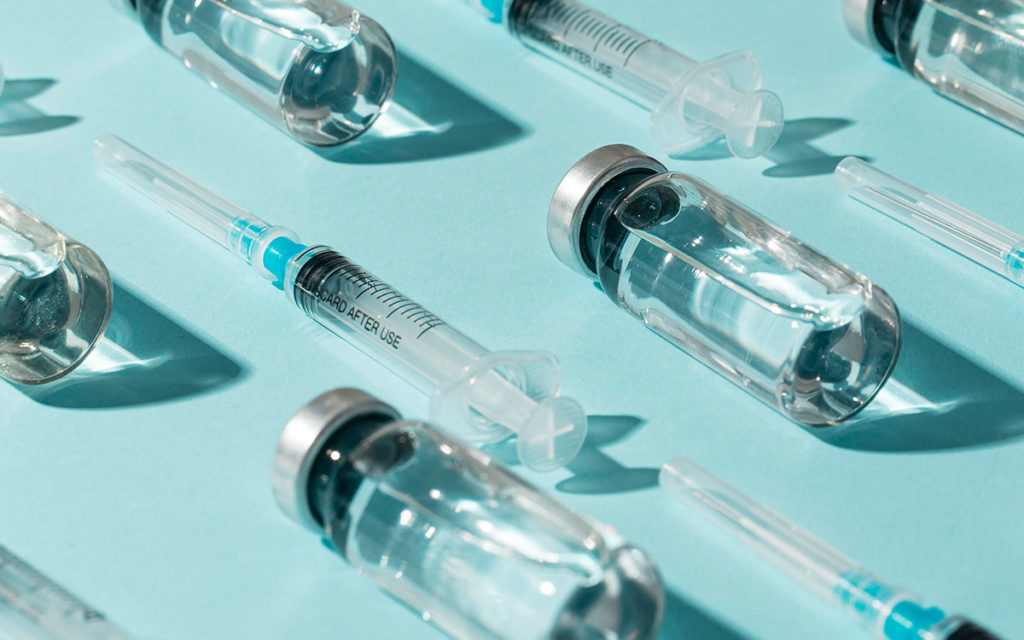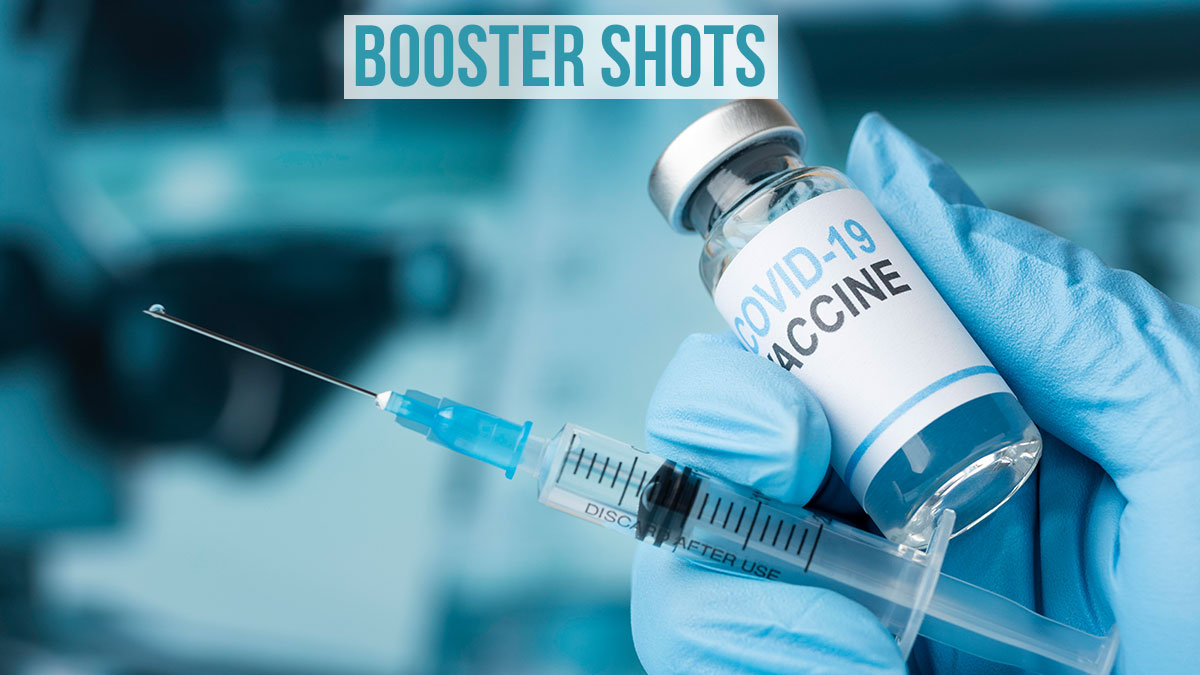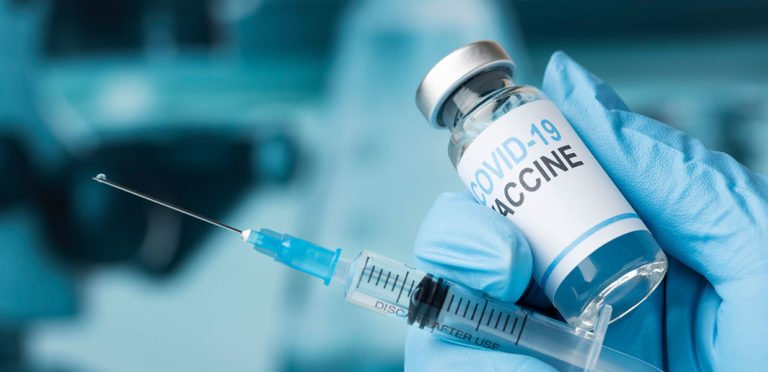The US Food and Drug Administration (FDA) has approved COVID-19 vaccination boosters and extra vaccine doses for some persons, and the US Centers for Disease Control and Prevention (CDC) has recommended them.
What is a COVID-19 booster vaccine?
A COVID booster shot is an extra dose of a vaccination administered after the first injection(s)’ protection has started to wane over time. Typically, you would get a booster after the immunity from the initial dose(s) naturally starts to wane. The booster is intended to help individuals retain their immunity for a longer period of time.
Who is eligible for a COVID-19 booster vaccine?
A COVID-19 booster is recommended by the CDC if you are:
- You must be 18 years old and have had the Janssen/Johnson & Johnson immunization for at least two months.
- At least six months after receiving both needed doses of the Moderna vaccine, you must be 18 years old.
- At least six months ago, you must have gotten both needed doses of the Pfizer-BioNTech vaccine. For people aged 16 and 17, the Pfizer-BioNTech vaccine is the only one that is approved.
- Individuals who have a medical condition that causes immunosuppression are eligible for a second dosage of the vaccination.
For the most up-to-date information about vaccination boosters, go to the CDC website.
What are the adverse effects of COVID boosters?
After receiving the COVID-19 vaccine, you may have transitory symptoms similar to those experienced after receiving a flu shot, such as a painful, swollen arm where the injection was administered. For a day or two, you may have a fever, as well as body pains, headaches, and exhaustion. Swollen lymph nodes and chills are other possible side effects.
These signs do not indicate that you are ill. They show that your immune system is reacting to the vaccines and building up resistance to the coronavirus.
Where can I acquire a COVID booster vaccine?
Please consult your state’s or municipality’s resources. Booster appointments are available through retail pharmacies, mobile immunization clinics (walk-in), and state and municipal vaccination locations. Walk-in vaccination times may be available at certain locations.
At several of its Maryland sites, Johns Hopkins Medicine offers a limited number of booster/additional dosage appointments.
What does an extra coronavirus vaccination dosage entail?
People with moderately or severely weakened immune systems are given an extra dosage, formerly known as a third dose, to boost their response to the first vaccination series. (Previously, the phrase “third dosage” was used to describe further doses of the two mRNA vaccines; however, the word “additional dose” is now used since people who got a J&J “one dose” may be eligible for a dose depending on their immune systems.)
What’s the difference between a booster and a second dosage of medication?
When a person’s vaccination series is finished and their protection against the virus has waned, a COVID-19 booster is administered. Some aspects may differ depending on the original series you saw. Whether you’re not sure if you fit these requirements, please examine the booster eligibility information above and speak with your health care physician. Please note that you will only get half of the original Moderna dosage if you receive the Moderna booster.
People with moderately to severely weakened immune systems get an extra dosage. This extra dosage is designed to increase the immune response of immunocompromised persons to their original immunization series. Some things may differ depending on the original series. If you are unsure whether you satisfy these standards, please examine the extra dosage eligibility information and speak with your health care physician.

Who is eligible for a second dose of COVID-19 vaccine?
A second dosage is recommended by the CDC and the FDA if you:
- Have been undergoing active cancer therapy for tumors or blood malignancies
- I’ve had an organ transplant and am on immunosuppressive medication.
- Have you had a stem cell transplant in the recent two years, or are you receiving immunosuppressive medication?
- Have a primary immunodeficiency diagnosis of moderate or severe (such as DiGeorge syndrome or Wiskott-Aldrich syndrome)
- If you’ve been diagnosed with HIV and have a high viral load or a low CD4 count, or if you’re not on antiretroviral therapy,
Are you taking any medicines that may cause your immune system to be severely suppressed, such as high-dose steroids or other anti-inflammatories?
Please consult your medical practitioner if you are unsure if you fall into one of these groups. Please see the CDC’s information for moderately to severely immunocompromised persons for further information.
When should I obtain a second COVID vaccination dose?
If you are immunocompromised and have already gotten the Moderna or Pfizer COVID-19 vaccination, you may get a second dose if it has been at least 28 days after your first. If you had the Janssen/Johnson & Johnson COVID-19 vaccine, you may get a second dosage if it has been at least two months following your first dose.
Is it necessary for my COVID booster or extra dosage to be the same brand as before?
You are free to mix and match brands. The FDA has approved three vaccine boosters — Pfizer-BioNTech, Moderna, and Janssen/Johnson & Johnson — and found that receiving a COVID-19 vaccine booster or extra dosage from a different manufacturer than your original dose or doses is safe. For people aged 16 and 17, the Pfizer-BioNTech vaccine is the only one that is approved. You will get half of the original Moderna dosage if you purchase the Moderna booster. Please double-check with the person who is giving you the shot.




